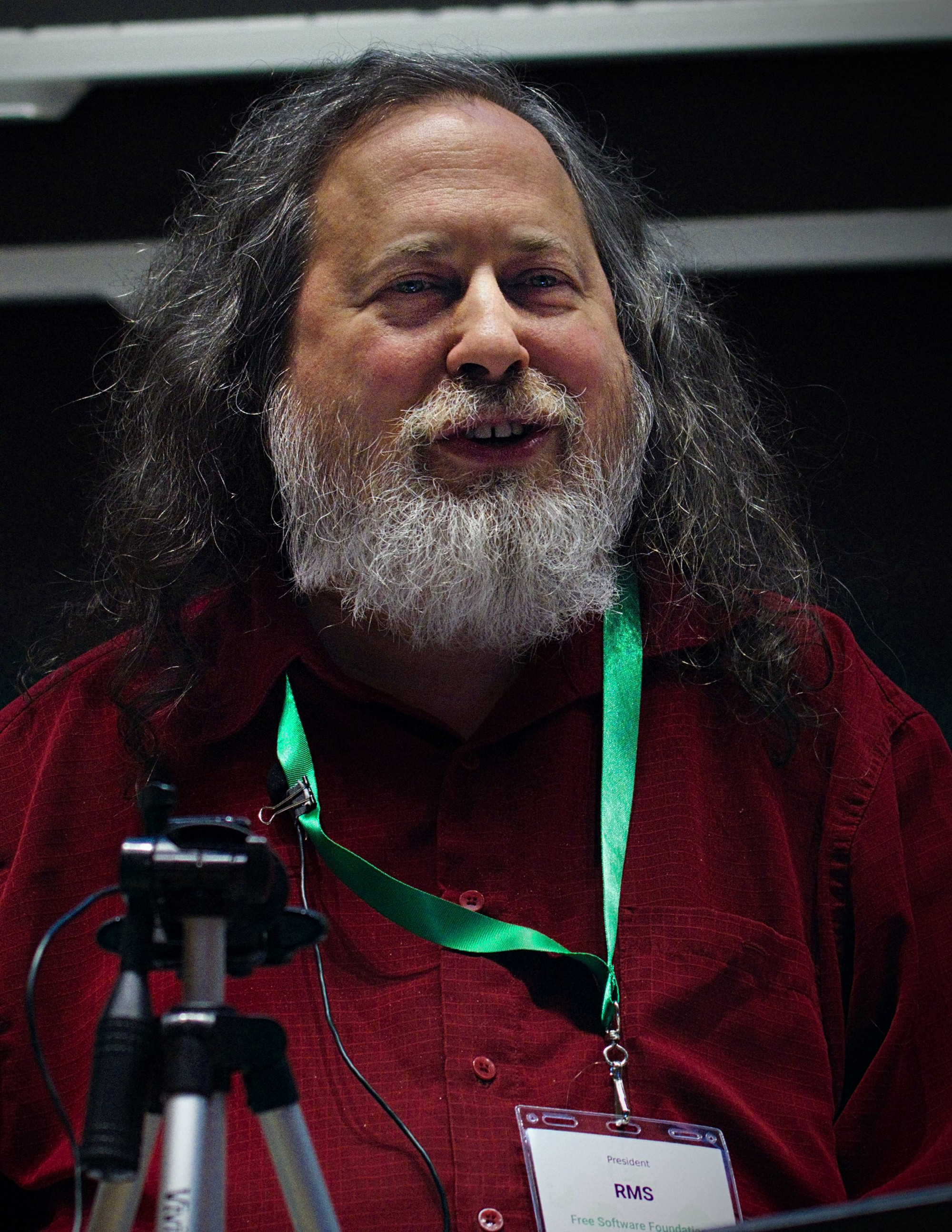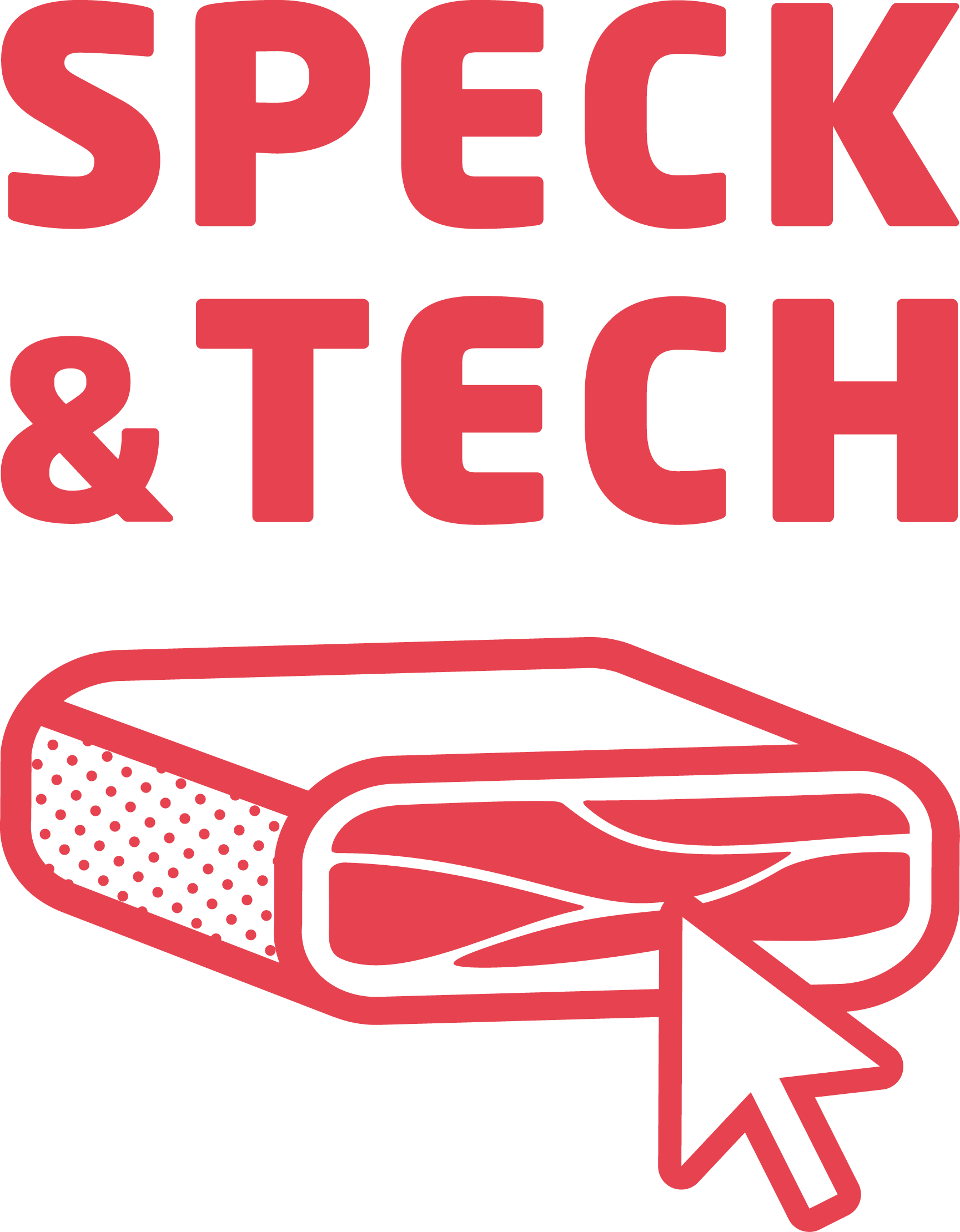10/Apr/2024 19:45 - 22:30
Auditorium di Lettere, Palazzo Paolo Prodi - via T. Gar
Software libero and freedom in the digital society
Speck&Tech Talk with Richard Stallman
There are many threats to freedom in the digital society. They include massive surveillance, censorship, digital handcuffs, nonfree software that controls users, and the War on Sharing.
Computers for voting make election results untrustworthy.
Other threats come from use of web services. Finally, we have no assured right to make any particular use of the Internet; every activity is precarious, permitted only as long as companies are willing to cooperate with our doing it.
All of these threats originate more or less in the use of nonfree software. That is why free software is the first battle in the liberation of cyberspace.
How to participate
Mandatory registration for attendance in person.
About the speaker

Richard Matthew Stallman leads the Free Software Movement, which shows how the usual non-free software subjects users to the unjust power of its developers, plus their spying and manipulation, and campaigns to replace it with free (freedom-respecting) software.
Born in 1953, Stallman graduated Harvard in 1974 in physics. He worked at the MIT Artificial Intelligence Lab from 1971 to 1984, developing system software including the first extensible text editor Emacs (1976), plus the AI technique of dependency-directed backtracking, also known as truth maintenance (1975).
In 1983 Stallman launched the Free Software Movement by announcing the project to develop the GNU operating system, planned to consist entirely of free software. Stallman began working on GNU on January 5, 1984, resigning from MIT employment in order to do so. In October 1985 he established the Free Software Foundation.
Stallman invented the concept of copyleft, “Change it and redistribute it but don’t strip off this freedom,” and wrote (with lawyers) the GNU General Public License, which implements copyleft. This inspired Creative Commons.
Stallman personally developed a number of widely used software components of the GNU system: the GNU Compiler Collection, the GNU symbolic debugger (gdb), GNU Emacs, and various others.
The GNU/Linux system, which is a variant of GNU that also contains the kernel Linux developed by Linus Torvalds, is used in tens or hundreds of millions of computers. Alas, people often call the system “Linux”, giving the GNU Project none of the credit.Their versions of GNU/Linux often disregard the ideas of freedom which make free software important, and even include nonfree software in those systems.
Nowadays, Stallman focuses on political advocacy for free software and its ethical ideas. He spends most of the year travelling to speak on topics such as “Free Software And Your Freedom” and “Copyright vs Community in the Age of the Computer Networks”. Another topic is “A Free Digital Society”, which treats several different threats to the freedom of computer users today.
In 1999, Stallman called for development of a free on-line encyclopedia through inviting the public to contribute articles. This idea helped inspire Wikipedia.
Stallman was a Visiting Scientist at MIT from 1991 (approximately) to 2019.
Free Software, Free Society is Stallman’s book of essays. His semiautobiography, Free as in Freedom, provides further biographical information.
The photo comes from wikimedia.org
“Richard_Stallman_at_LibrePlanet_2019” by Ruben Rodriguez
Speck&Tech…what?

Speck&Tech is the digital community of Trentino. A community of entrepreneurs, developers, designers, professionals united by a passion for technology and innovation, having the purpose of learning and sharing new ideas regarding development, design, entrepreneurship, and startups.
Speck & Tech organizes science dissemination events every month, always followed by convivial moments where the participants discuss together with the speakers and other Speckers, eating speck and drinking beer.
All information on: https://speckand.tech/
